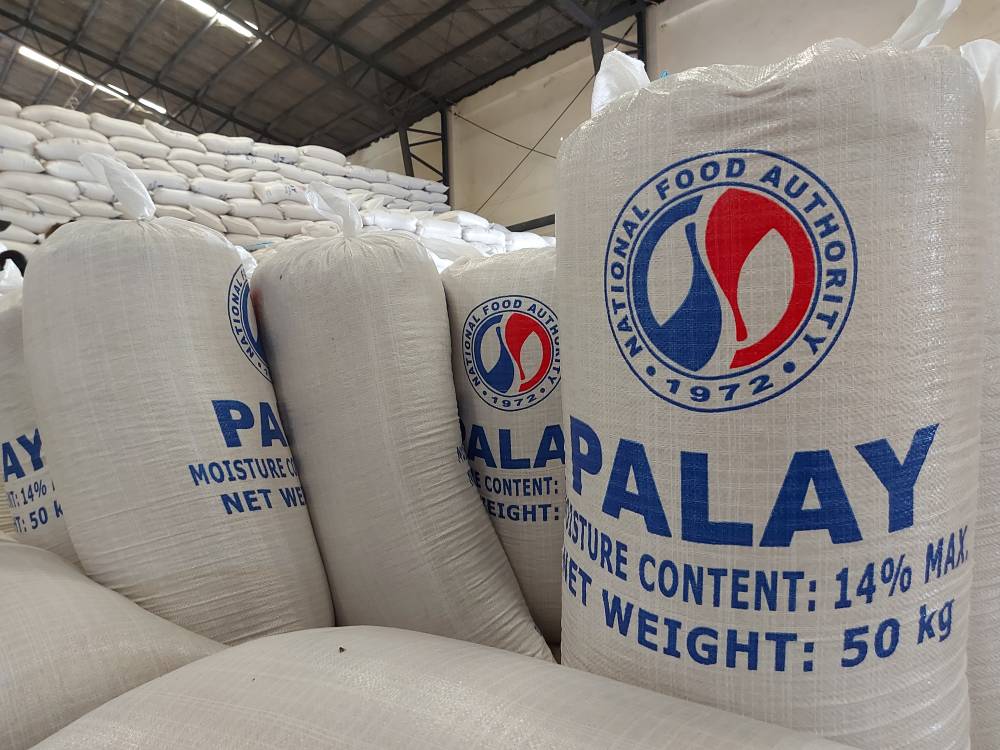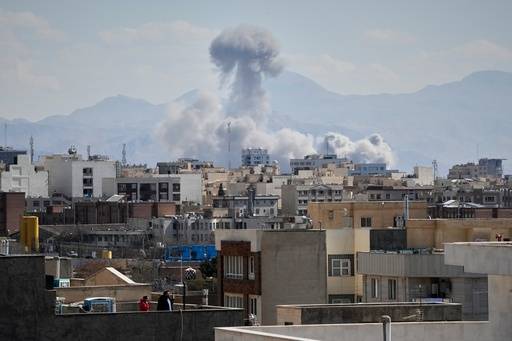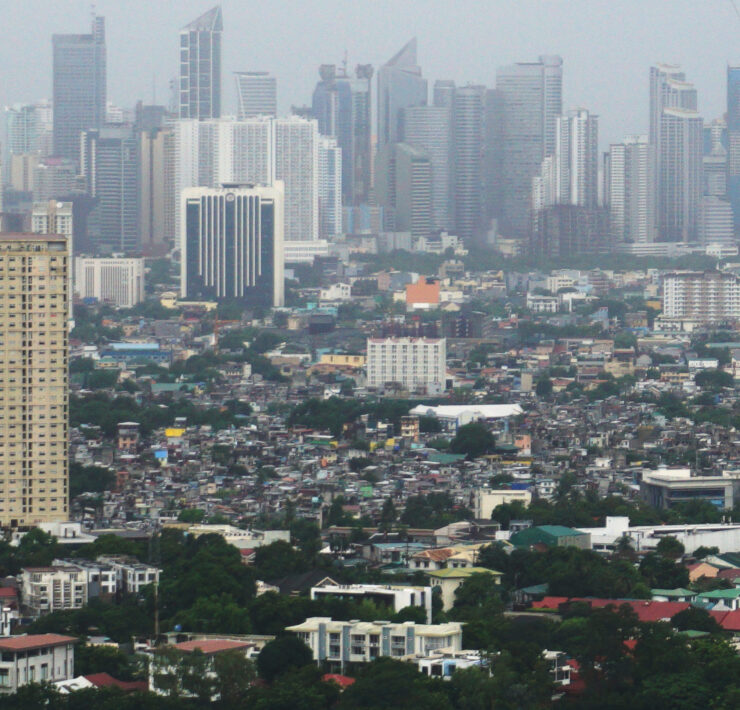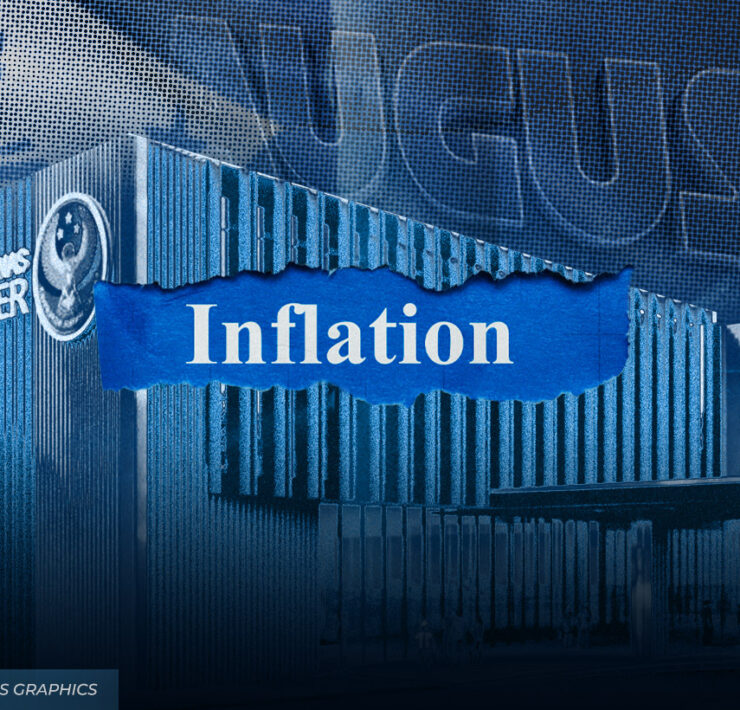Logistics woes stoking food inflation, says Sinag

Inflation may have slowed down in June, but food prices remain elevated, due in part to logistics disruptions. Food inflation, which contributed 2.2 percentage points to overall inflation, accelerated to 6.5 percent in June from 6.1 percent in the previous month. This was mainly driven by higher prices of vegetables and meat items.
“Our problem with vegetables is boom and bust, right? Sometimes it is very expensive because logistics is the problem and the products cannot be brought down,” Jayson Cainglet, executive director of the Samahang Industriya ng Agrikultura (Sinag) said in a phone interview.
The Philippine Statistics Authority (PSA) noted an uptick in the vegetables, tubers, plantains, cooking bananas and pulses index, which surged by 7.2 percent in June from 2.7 percent in the previous month.
Meanwhile, prices of meat and other parts of slaughtered land animals, which drove the increase in overall inflation, further rose by 3.1 percent from 1.6 percent in May.
Cainglet also urged the government to look into the logistics problem that continues to affect the value chain of vegetables and meat.
“Despite the fact that he doesn’t really have a shortage, it’s really a problem with logistics. There are no production problems. These are postproduction problems,” he said.
While the increasing prices of food items remain a challenge for an average Filipino household, these trends are more detrimental for those who belong to the low-income Filipinos.
Food inflation for those who belong to the bottom 30 percent or low-income households also jumped by 8.4 percent in June, from 8.2 percent in the previous month.
According to the PSA, the weight of rice in the food basket sits at 17.9 percent, almost double compared to headline inflation.
“And we see that while rice inflation has slowed down, it is not really substantial. For the bottom 30 percent income household, it was 24.4 percent in June versus 25.1 percent in May,” National Statistician Claire Dennis Mapa said in a press briefing on Friday.
For Cainglet, the low-income household may have a hard time keeping up with the increasing prices despite the recent wage hike approval of P35 for the daily minimum wage workers in Metro Manila.
“The government’s lens is focused on employers, not on workers. So, we think that the wage increase is not enough. The wage is not proportional to the price increase in the last 3 to 4 years,” Cainglet added.
Meanwhile, Socioeconomic Planning Secretary Arsenio Balisacan remains optimistic that food inflation will go down
in the coming months as the El Niño phenomenon has ended.
Balisacan said that the recent wage increase has already been anticipated by the government’s inflation expectations.
“I cannot say the worst is over, but I think that extreme situations are not likely anymore. And then I think prices will start to moderate. So I think that it will enable us to still achieve the target,” Balisacan said in an ambush interview on Friday.
The government set its inflation target range at 2 to 4 percent for this year.





















